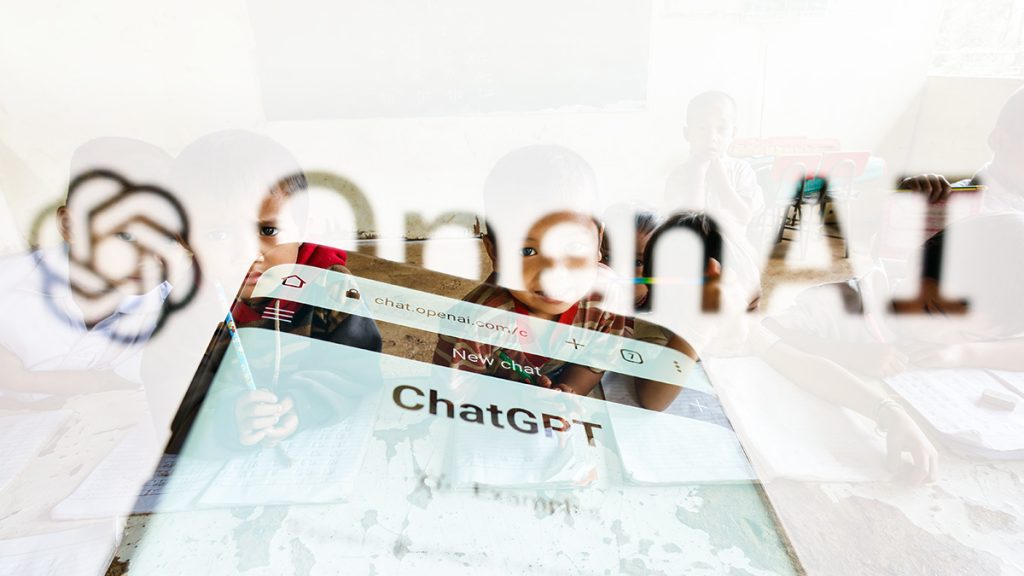
While ChatGPT-based robots are not currently suitable for education, the future looks promising for their integration in aiding the learning process.
- ChatGPT-based robots can serve as a teacher’s aid, helping to foster critical thinking and problem-solving skills in students.
- Media literacy can be taught using ChatGPT’s shortcomings, such as its bias, to educate students on how to properly consume media.
- The incorporation of ChatGPT-based technology in ed-tech companies, such as Quizlet, can lead to personalized lesson plans and a reduction in research time for academic papers.
ChatGPT-based robots are not yet suitable for education. However, the future is very promising. But let’s be clear on one thing: no matter what the future holds these technologies are here to aid and not hinder nor replace.
ChatGPT-Based Teacher’s Aid
It was understandable why there was an initial panic in the education sector. In fact, ChatGPT can create sophisticated, well-structured blocks of text covering several thousand words on nearly any topic. However, it does not foster critical thinking and problem-solving abilities, which are crucial for success in school and in life. But here’s where the ChatGPT-based robots come in.
Media Literacy
Media literacy is an expanded conception of literacy that encompasses the capacity to access and analyze media messages as well as to create, reflect, and act. ChatGPt offers a teachable moment for teachers right now as they can use its shortcomings to teach media literacy to their students. In one case, the professor requested the students to use the bots to generate a paper on the printing press’s history. And when the outcome was US-centric, omitting information about the printing press in other parts of the world, the professor took that opening to discuss bias and teach ways to properly consume media.
Personalized Lesson Plans
Personalized teaching materials cater to students’ learning preferences. As things stand, a lot of the teachers must go through the time-consuming task of tailoring their material to specifically fit each of their students. ChatGPT could, in the future, cut down that time.
While still in its infancy, several ed-tech companies have decided to incorporate AI. Look at Quizlet, a multi-national American company providing tools for studying and learning. In March, Quizlet added a ChatGPT-based feature called Q-Chat to its app. It adjusts the questions’ difficulty based on how well students understand the material and how they prefer to learn to provide content that is customized to each user’s needs.
Cutting Down the Research Time
Let me preface this by saying that until the bias, and the source citation, among other things are fixed, the following cannot happen. But seeing as the developers are still working on achieving perfection for their AI, it is a valid expectation.
ChatGPT-based robots could, theoretically, cut down research time especially when it comes to academic papers. Imagine you are an overworked master’s student in a certain field. All you have left is the academic paper in a specific format. These AI-based robots could put together a literary review for you, for example, with sources cited. Granted, you’d still need to put the final touches on it so it can be cohesive with the rest of your paper.
Final Thoughts
We could write for days about how ChatGPT will substantially change every sector, including education. But we also need to realize that we cannot move forward in this world if our young are stuck learning through “old school methods” instead of integrating new technologies and learning how to cooperate with the new world. That said, while the future of ChatGPT-based robots in education is very promising, the technology itself is still in its infancy.
Inside Telecom provides you with an extensive list of content covering all aspects of the tech industry. Keep an eye on our Community section to stay informed and up-to-date with our daily articles.